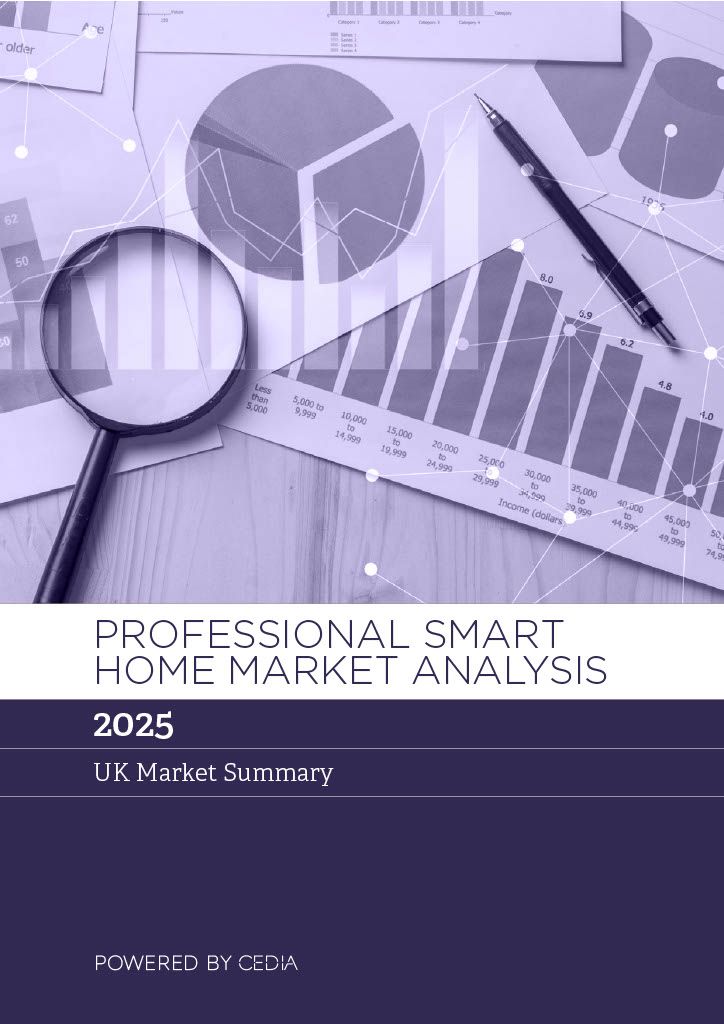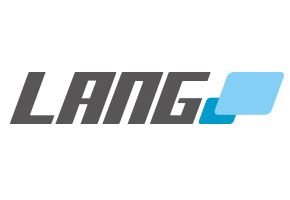Seven residential market trends from CEDIA’s new UK report

For the latest edition of the report, which is produced every two years, more than 500 UK residential integrators, manufacturers and distributors were questioned. Sales data was supplied by 12 leading manufacturers and distributors, along with data from two leading sales management tools, WeQuote and Specifi.

Here are seven market trends revealed in the report.
1. Market growth
The report estimates the value of the UK residential integrator market at £3.1 billion in 2025, up slightly from £2.9 billion – although this percentage increase is almost equivalent to the general rate of inflation over the past two years.
Most integrators anticipate continued revenue increases over the coming year. To support this expected growth, many businesses are planning to expand their teams, particularly in technical roles, with others considering opportunities to bring in apprentices and additional sales or administrative staff.
Industry sentiment also points to a generally stable or expanding landscape, with the majority of manufacturers and distributors observing either stability or an increase in the number of integrators operating in the market. Only a small proportion feel the market is contracting.
2. Reduced focus on residential
The proportion of integrator revenues coming from residential projects is continuing to fall: the 2025 figure is 77%, compared with 82% in 2023 and 86% in 2021.
3. Increased focus at the top of the market
More integrators are now focusing on uber luxury and luxury clientele. Meanwhile, involvement in the mid and mass markets has seen a slight dip, following previous periods of rapid expansion.
4. Service agreements becoming more prevalent
Service agreements continue to gain traction within the industry, with more companies adopting this approach compared to last year.
5. More work in home networking
Home networking is seeing a significant majority of specialists offering solutions in this area: around three-quarters work with audio systems (75%), integrated control systems (74%), lighting & shading (74% and growing), and media rooms (73%).
6. Newer technology areas covered
The survey reveals that energy management is now a central focus for many integrators. There’s also a strong and growing interest in renewables, battery storage and/or electric vehicle charging solutions. Additionally, immersive experiences such as VR and advanced gaming are being offered by 22% of integrators. While the number reporting interest in wellness and home health has reduced (possibly because support for aging in place has now been added to the survey questionnaire), integrators remain committed to enhancing home environments overall.
7. Challenges ahead
Sustaining growth in an environment of economic uncertainty and a high cost of living is the challenge most often mentioned by manufacturers and distributors. For integrators, the key challenges are managing operational costs effectively in a time of product price increases. New business is a growing area of concern, cited by 40% compared with 27% in 2023.
CEDIA’s full Professional Smart Home Market Analysis report, featuring comprehensive insights, trends, and data shaping the smart home industry, is available for purchase from the CEDIA online shop.
Stay informed!
ISE 2026 takes place in Barcelona on 3-6 February 2026. For more updates on smart homes, and to discover more about ISE 2026 as details are released, sign up for updates.
Don't miss out – join our community today and keep up to speed with all the latest industry trends.

)
)
)
)
)
)
)
)
)
)
)

)
)
)
)
)
)
)
)
)
)
)
)
)
)
)
)
)
)
)
)
)
)

)
)
)

)
)
)
)
)
)
)
)
)
)
.png/fit-in/500x500/filters:no_upscale())
)
)
)
)
)
)
)
)
)
)
)
)
)
)
)
)
)
)
)
)
)
)
)
)
)